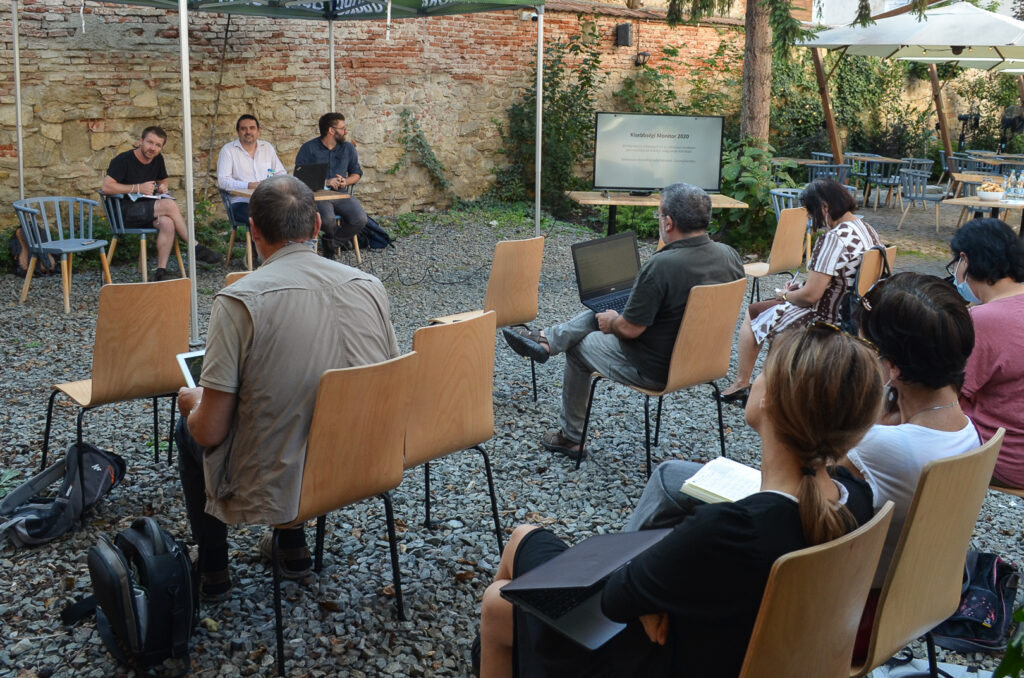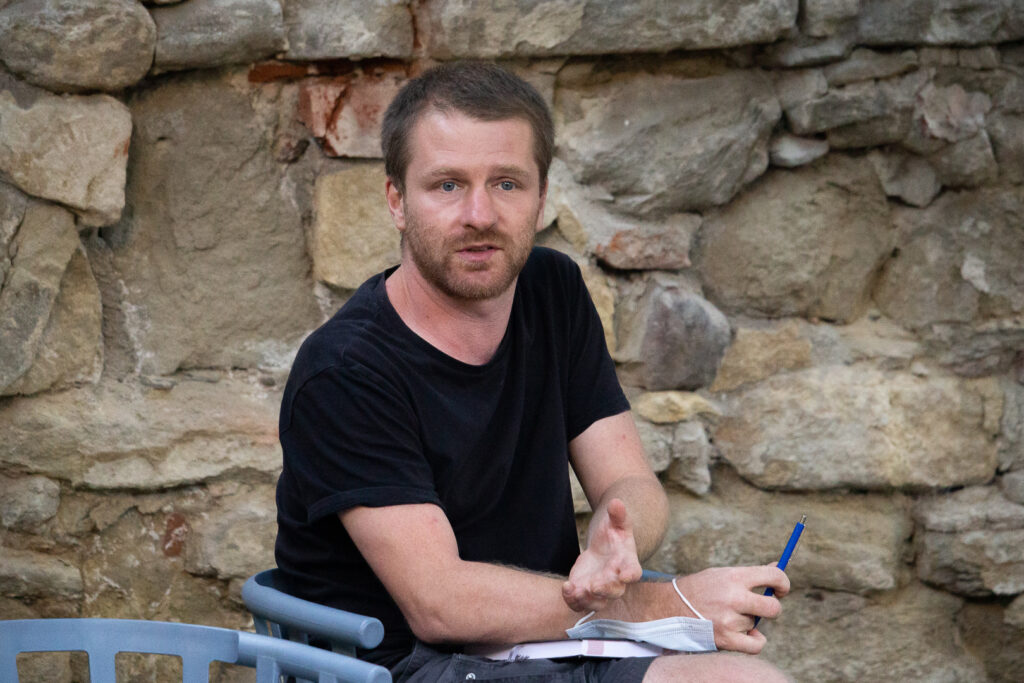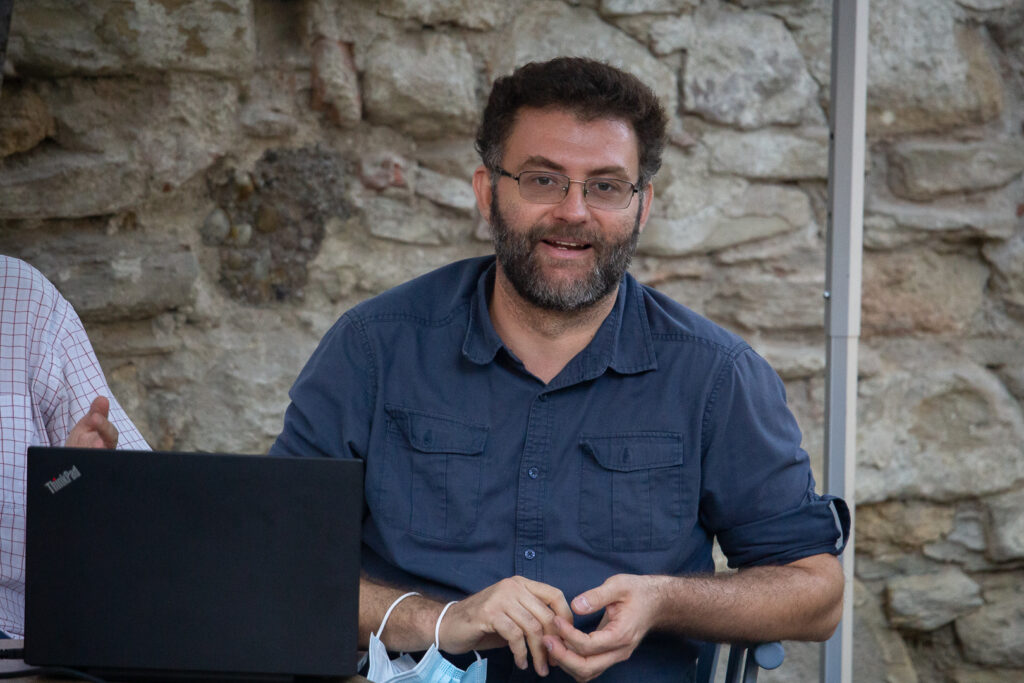While some Hungarians from Transylvanians are anxious because they do not speak the Romanian language, others are busy reinforcing the stereotype that this is due to the fact that they don’t even want to learn the language of the ethnic majority. But, according to new research out of the Bálványos Institute and Szekler Institute for Public Policies (SZKI), these statements are not true at all. Researchers at these institutes have presented the most important conclusions of the representative analysis at a press conference in Kolozsvár, local news portal főtér.ro reports.
The coronavirus epidemic has not only changed the world; it has also changed how people see the world and how researchers study these interpretations. The same applies to the Hungarians of Transylvania and their researchers: The members of two institutes were not able to make face-to-face interviews due to social distancing, so they had to discuss the most important issues of everyday life with Hungarians living in Transylvania online or via telephone. As the researchers said at the press conference, Hungarians seem to be more radical if they are interviewed over the phone versus when they fill out a questionnaire online.

The conclusions of the representative research, entitled Minority Monitor 2020, were presented at a press conference by Tamás Kiss, sociologist and the professional director of the research conducted; István Gergő Székely, political scientist and director of research at the Szekler Institute for Public Policies; and Tibor Toró, political scientist and director of research at the Bálványos Institute. The researchers also compared the main conclusions to previous studies, highlighting their similarities and connections.
According to members of both institutes, the online questionnaire was completed by 1,842 people, while they also conducted 968 interviews in June with randomly selected individuals, all of them older than 18. During the analysis, they focused on three main topics. First, they analyzed how the pandemic had changed the support of non-democratic decision-making mechanisms and trust in institutions. Second, they asked Hungarians about interethnic relations and their attitudes toward the Romanian language and the school system. As a third and separate topic, they also analyzed the differences between the results from data collected online and from data collected via the telephone.
According to the study, the epidemic changed people’s attitudes toward decision-making and institutes, as more of them think that the country should be run by experts that are not connected to any political party; meanwhile, less of them believe that the powers of the president should be increased at the expense of the parliament. On the other hand, trust in several institutions has dropped significantly: The trust index of the EU dropped from 56 percent to 41 percent; the index of the National Anticorruption Directorate (DNA in Romanian), from 45 percent to 22 percent; and the index of the president from 41 percent to 18 percent. Only municipalities enjoy the same support as before.

After analyzing the approach of Hungarians to the Romanian language, the researchers concluded that the (subjective) Romanian-language knowledge of Hungarians is slowly but steadily declining — especially for those living in the Szeklerland and Partium regions. Also, young people and women think that they do not speak Romanian well. Per the study, 22 percent of the respondents said that, according to their own judgment, they speak Romanian perfectly, like their native tongue, while 33 percent stated that their Romanian is good, but they speak with an accent. Another 29 percent said that they are able to express themselves, while 16 percent reported having difficulties with the Romanian language or do not speak it at all.
More than one-fifth (22 percent) of Hungarians are stressed if they have to speak in Romanian, which is related to the fact that 38 percent of the respondents wish to speak without an accent so that Romanians don’t realize they are Hungarian. The majority of the respondents are not disturbed if they hear a Hungarian person speaking Romanian incorrectly or with an accent in a public situation; people living in the diaspora or large cities and intellectuals are the most intolerant toward this.
The vast majority of the respondents do not think that mandatory Hungarian language classes should be introduced for Romanian children living in settlements inhabited mostly by Hungarians. According to the researchers, this shows that the hierarchy between the Romanian and Hungarian language is clear to the respondents, and they completely agree with this.

It is also an interesting conclusion that most of the respondents agreed that Hungarians must learn the Romanian language, but they are not aware that there is a consensus on this issue, as many people think, incorrectly, that “many Hungarians do not even want to learn Romanian” even though there is no evidence of this. This also shows that most Hungarians have accepted a false stereotype that is widespread among Romanians. The researchers also noticed that it is most typical of Romanian politicians to say that the Hungarians in Transylvania do not want to learn the language of the majority; however, many of the Hungarian elite also believe this stereotype.
But, if so many Hungarians want to learn the Romanian language, how is that only 22 percent speak Romanian natively, one might ask. This gap is due to the quality of Romanian-language teaching, which is, according to the majority of the respondents, depressing. The researchers stressed that the political elite and educational experts represent an extremely damaging attitude when they say, based on the results of the graduation exams taken at the end of high school, that the Hungarian education system is worse than the Romanian one. Hungarian students perform worse at graduation only because of the Romanian-language exam, the researchers stressed. (Hungarian students have to take four tests at the end of high school, since Hungarians must take exams in both Hungarian and Romanian language, while Romanians have to take only three. This applies to every minority in the country – ed. note.) The researchers stressed that Hungarians should face reality and put into proper perspective the discrimination related to these exams, namely that Hungarian-speaking students are examined with tools developed for Romanian-speaking people.

The Hungarian political elite should also face the fact that Hungarians in Transylvania have a particularly bad opinion of the institutional parallelism that has accelerated in recent years. Between 2012 and 2019, the proportion of students enrolled in mixed schools dropped from 42 percent to 35 percent, despite the fact that 57 percent of the respondents prefer mixed educational institutions. In addition, more than half of those surveyed believe that it would be ideal for children to learn both in Hungarian and Romanian in equal proportion.
Two-thirds of the respondents believe that in the current educational system, children cannot learn the Romanian language; 40 percent would accept it if some subjects were taught in Romanian, while another 27 percent would also accept the majority of classes being held in the Romanian language in high school. The fact that parents still enroll their children in Hungarian schools can be explained by the fact that they sincerely believe that the quality of Hungarian education is better.
However, the fear of marginalization is growing. So if the issue of Romanian-language learning is not solved urgently, the sustainability of the Hungarian educational system, sooner or later, will be endangered.
Title image (illustration): Parents still believe that Hungarian-language education is better than Romanian. Photo: 24.hu